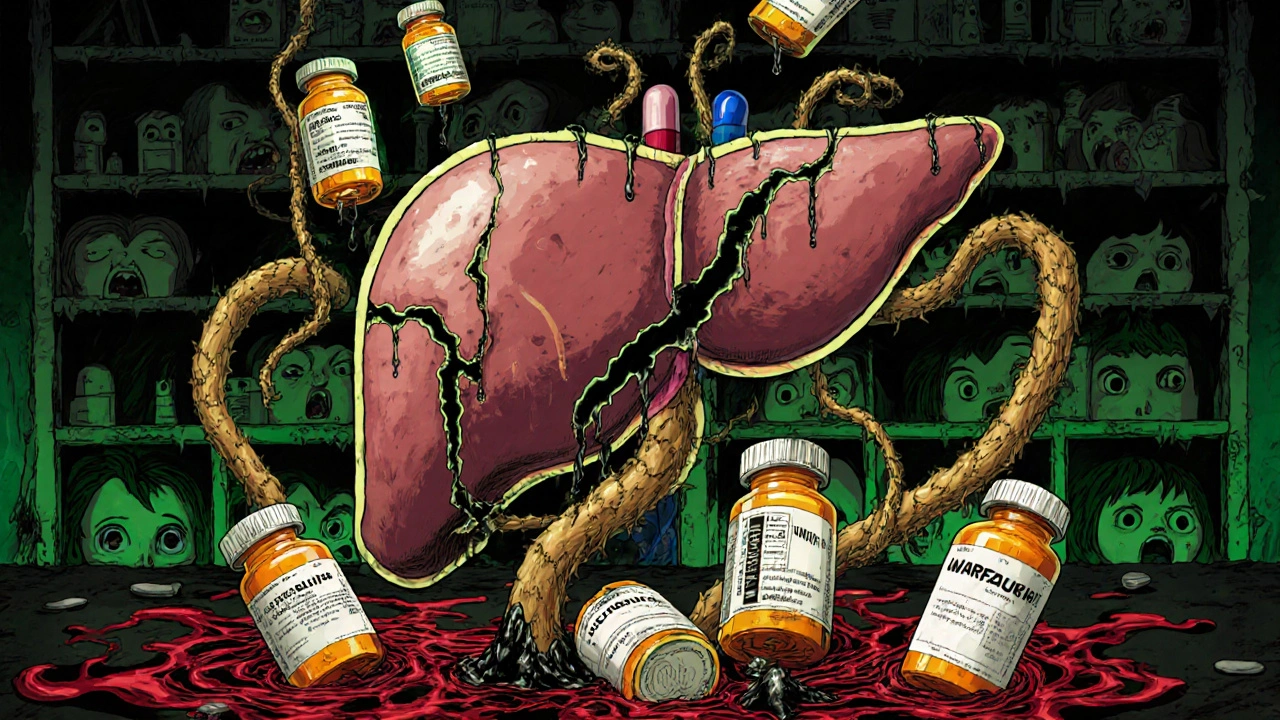Herbal Supplement Safety: What You Need to Know Before Taking Them
When you reach for an herbal supplement, a plant-based product sold to support health or treat conditions, often without a prescription. Also known as natural remedy, it’s easy to assume that if it comes from a plant, it’s harmless. But that’s not true. Many herbal supplements can cause serious side effects, interfere with prescription drugs, or even harm your liver or heart. The idea that "natural" equals "safe" is one of the biggest myths in health today.
Take St. John’s Wort, a popular herb used for mild depression. It might help some people feel better, but it can also make birth control pills useless, reduce the effect of antidepressants, or cause dangerous spikes in blood pressure when mixed with certain meds. Then there’s kava, an herb linked to liver damage in multiple real-world cases. The FDA has issued warnings about it, yet it’s still sold freely in many stores. Even something as simple as echinacea, often taken to prevent colds, can trigger allergic reactions in people with ragweed allergies—or mess with immune system drugs if you have an autoimmune condition.
Herbal supplements aren’t regulated like prescription drugs. That means what’s on the label isn’t always what’s inside. Some products contain hidden pharmaceuticals—like sildenafil in "natural" ED boosters, or steroids in muscle-building herbs. Others have inconsistent doses, contaminants, or fillers that aren’t listed. A 2021 study found nearly 20% of herbal products tested contained unapproved ingredients. And if you’re taking statins, blood thinners, or anything for your heart, thyroid, or diabetes, you’re at higher risk for dangerous interactions. Herbal supplement safety isn’t about avoiding all of them—it’s about asking the right questions before you take one.
People often skip talking to their doctor because they think supplements are harmless. But your pharmacist or provider needs to know what you’re taking—not just prescriptions. A simple check can prevent a trip to the ER. And if you’re considering an herbal product for a chronic condition like high blood pressure, anxiety, or arthritis, remember: there’s often better-documented, safer options already approved by health authorities.
Below, you’ll find real-world guides on how herbal supplements interact with common medications, what hidden risks to watch for, and which products have actually been shown to cause harm. These aren’t opinions—they’re based on case reports, clinical data, and patient experiences. Whether you’re already using herbal remedies or just thinking about it, this collection will help you make smarter, safer choices.

Goldenseal and Medications: What You Need to Know About Liver Enzyme Risks
Goldenseal may seem like a harmless herbal supplement, but it can dangerously interfere with liver enzymes that process most prescription medications. Learn which drugs are at risk and what to do instead.




